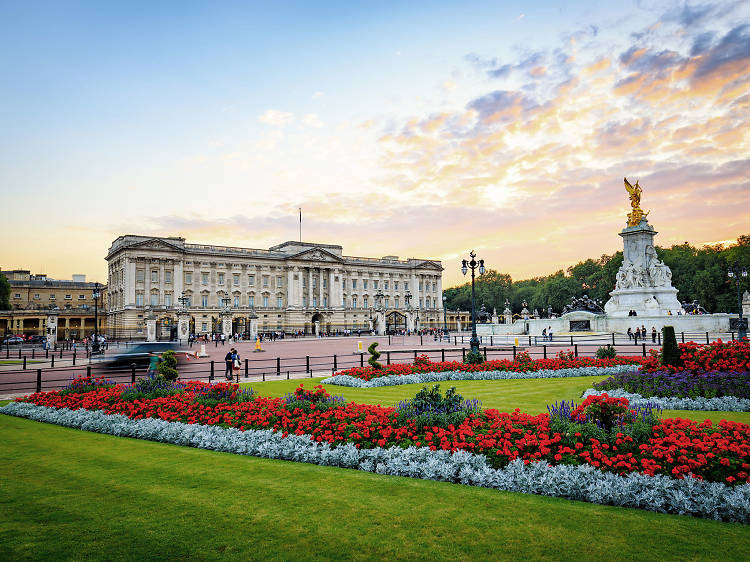Journey Through Time: Exploring London’s Rich History on a Guided Tour

Introduction
Overview of London‘s Rich History
London, a city steeped in history, has witnessed the ebb and flow of empires, political upheavals, and cultural revolutions. From the founding of Roman Londinium to the bustling metropolis it is today, each era has left an indelible mark.
Significance of Guided Tours in Exploring History
Guided tours enhance the experience of exploring this rich tapestry, offering:
- Expert Insights: Knowledgeable guides bring stories to life.
- Unique Access: Some locations are only available through tours.
- Community Interaction: Engage with fellow history enthusiasts.
Personal anecdotes often turn a simple visit into a memorable adventure, making guided tours an ideal choice for anyone eager to discover London’s incredible past.

Ancient London: Roman Londinium
Establishment and Growth of Roman Londinium
The establishment of Roman Londinium in AD 47 marked London’s first significant milestone. Strategically located on the Thames, it quickly grew into a bustling trade hub. Not only did the Romans construct impressive defensive walls, but they also established landmarks like:
- The Forum: A central point for public life.
- Baths and Temples: Showcasing Roman engineering.
Roman Legacy in Modern London
Today, the remnants of Roman Londinium still echo throughout the city. Exploring these sites offers fascinating insights, such as:
- The London Wall: Portions can still be seen, reminding us of its ancient past.
- The Museum of London: Showcases artifacts from this era.
Witnessing these connections brings personal stories alive, revealing how the spirit of Roman innovation continues to shape modern London.

Medieval London: From Norman Conquest to Tudor Era
Impact of Norman Conquest on London
The Norman Conquest in 1066 brought momentous changes to London, transforming it into a center of power and governance. William the Conqueror established the Tower of London, which served as both a fortress and royal palace. This introduced significant shifts, including:
- Political Centralization: London became a vital seat of royal authority.
- Feudal System Implementation: Land was redistributed, impacting social structure.
Tudor London: Cultural and Architectural Development
The Tudor Era saw further cultural and architectural blossoming. With the reign of Henry VIII, London burgeoned with:
- Palatial Buildings: Hampton Court Palace showcased opulence.
- The Establishment of Theatres: The Globe Theatre became iconic.
Walking through these historic sites evokes personal connections and stories, illustrating how the past continues to influence contemporary London’s vibrant character.
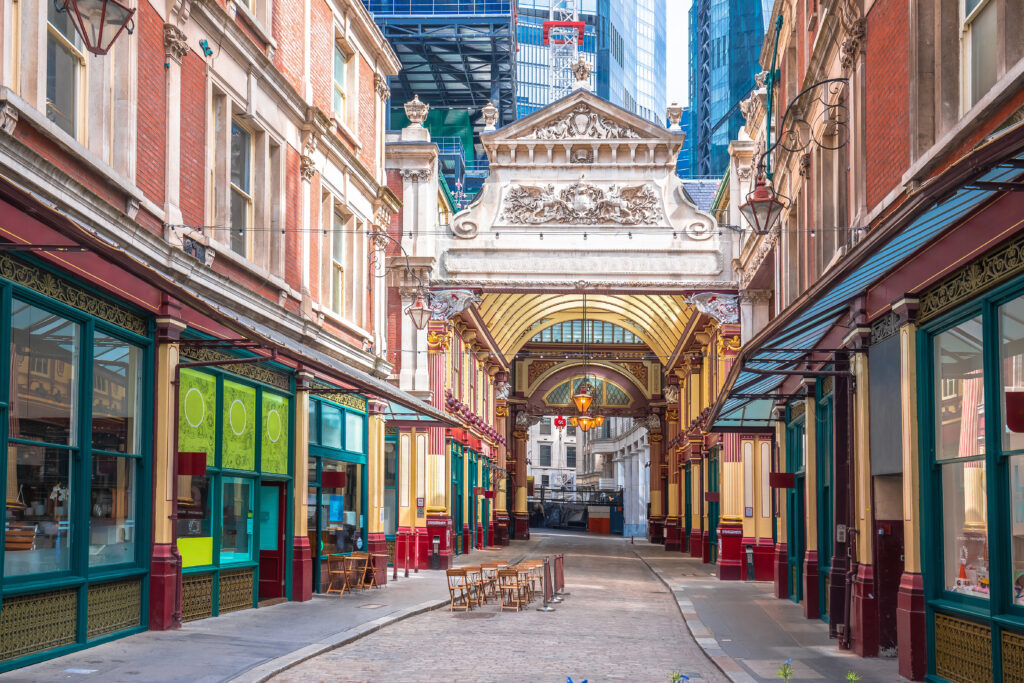
The Great Fire of London and the Rebuilding Efforts
Causes and Aftermath of the Great Fire
In September 1666, the Great Fire of London erupted, primarily sparked by a fire in a bakery on Pudding Lane. This catastrophic event ravaged much of the city, transforming lives and landscapes. The aftermath included:
- Destruction of Thousands of Homes: Over 13,000 houses were lost.
- Displacement of Citizens: Many Londoners were left homeless.
Architectural Changes in Post-Fire London
The rebuilding efforts ushered in a new architectural era for London, as innovative designs emerged. Key changes included:
- St. Paul’s Cathedral: Sir Christopher Wren’s masterpiece became a beacon of resilience.
- Improved Urban Planning: Wider streets and brick buildings reduced fire risks.
Visiting these historical sites evokes a powerful sense of perseverance, illustrating how London rose anew from the ashes of devastation.
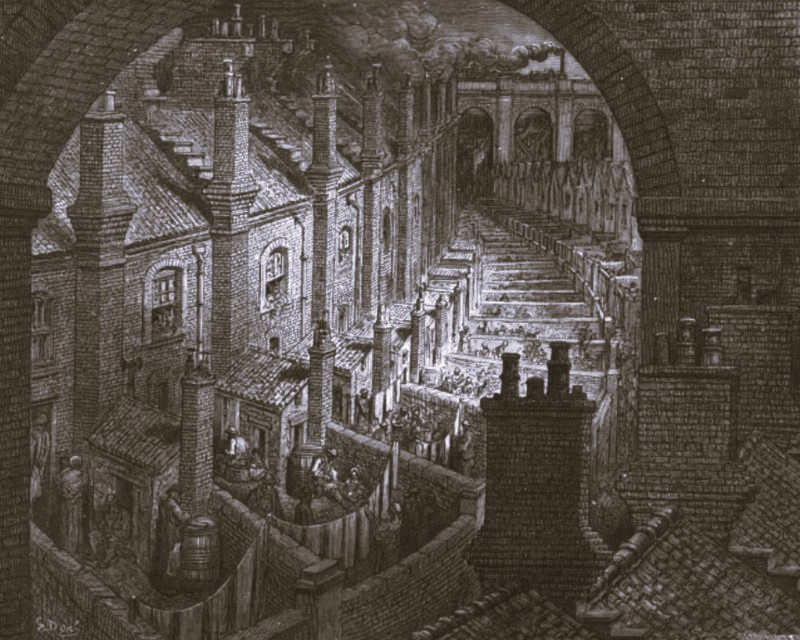
Victorian London: Industrial Revolution and Cultural Shifts
Industrial Revolution’s Impact on London
The Industrial Revolution transformed London into a bustling hub of innovation and activity. Factories and railways sprouted, reshaping the skyline and creating job opportunities. Notable impacts included:
- Population Explosion: The city’s population surged, leading to urban expansion.
- Infrastructure Development: The introduction of the Underground Railway revolutionized transportation.
Victorian Era Cultural Highlights
The Victorian Era also ushered in rich cultural developments. From art to literature, creativity flourished:
- Literary Giants: Authors like Charles Dickens captured the zeitgeist in their works.
- Cultural Institutions: Establishments like the British Museum became symbols of knowledge and learning.
Exploring these dynamic changes during the Victorian Age reveals stories of resilience and creativity, showcasing London’s evolution during a pivotal period in its history.

World War London: The Blitz and Post-War Reconstruction
The Blitz: Destruction and Resilience
During World War II, London experienced the harrowing reality of The Blitz, where relentless bombing raids devastated much of the city. Despite the destruction, the spirit of Londoners shone brightly, characterized by:
- Community Solidarity: Neighbors came together to support one another.
- Courage in Adversity: Many took to the underground stations as makeshift shelters.
Reconstruction and Modernization of London
Following the war, a significant rebuilding effort began, transforming London into a modern marvel. Key developments included:
- Modernist Architecture: New designs, like the iconic Barbican Centre, emerged.
- Infrastructure Improvements: The expansion of roadways and public transport enhanced connectivity.
Exploring these remnants of resilience showcases how London not only rebuilt from the ashes but also redefined itself as a beacon of hope and innovation in the post-war era.
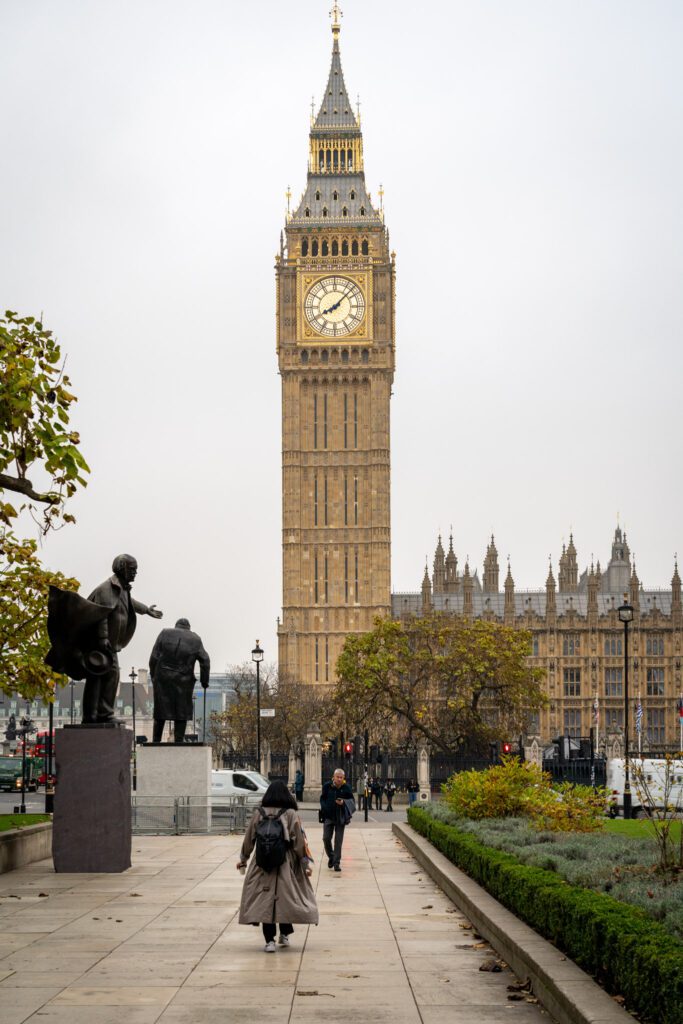
Contemporary London: Cultural Diversity and Iconic Landmarks
London’s Role as a Global City
Today, London stands as a vibrant global city, celebrating cultural diversity like no other. With over 300 languages spoken, it’s a melting pot of cultures that enriches everyday life. Key aspects include:
- Culinary Variety: From street food markets to Michelin-starred restaurants, there’s something for everyone.
- Cultural Festivals: Events like Notting Hill Carnival showcase the city’s rich heritage.
Iconic Landmarks and Modern Architecture
Amidst its history, modern architectural marvels have emerged, changing London’s skyline. Notable landmarks include:
- The Shard: The tallest building in the UK, offering breathtaking views.
- The Gherkin: A symbol of contemporary design blending practicality with beauty.
Exploring these iconic sites not only provides a glimpse into London’s past but also celebrates its dynamic present, making it a must-visit for travelers from around the world.
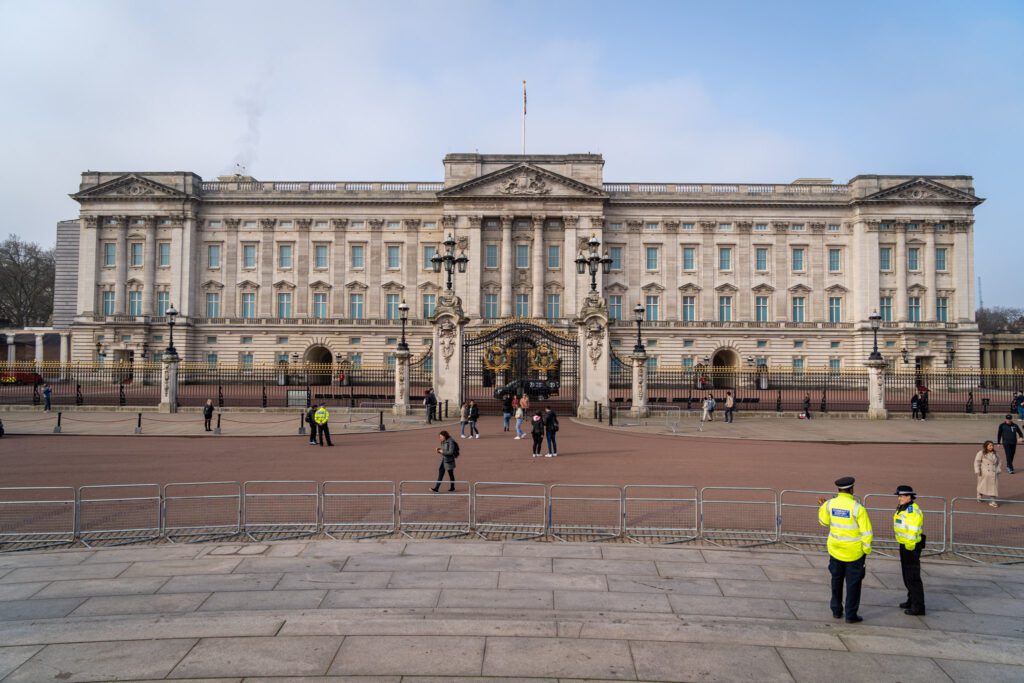
Conclusion
Reflecting on London’s Historical Journey
Reflecting on London’s rich historical journey reveals a tapestry of resilience, innovation, and cultural evolution. From the foundations of Roman Londinium to the modern vibrancy of today, each era contributes uniquely to the city’s character. Personal explorations of this journey often inspire deeper connections and insights into what makes London truly special.
Recommendations for Historical Tours in London
For those eager to delve into this fascinating history, consider these recommendations:
- The Jack the Ripper Tour: Discover the mysteries of Victorian London.
- Historic Pub Tours: Experience the city’s story through its traditional establishments.
- Walking Tours: Explore specific neighborhoods to uncover hidden gems.
Engaging with these tours not only enriches your understanding but also allows you to connect with the pulse of a city that never ceases to inspire.
